Trump’s tariff war may play into the hands of his enemies
The Liberation Day tariff announcements and a re-emphasis on Trump’s America First approach will lead to increasing isolation in the US economy, based on the fantasy that the US can create and consume its own goods.
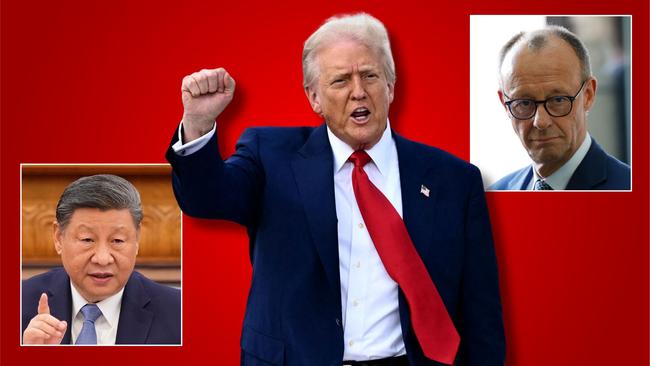
Trump’s Liberation Day tariff announcements, a re-emphasis on Trump’s America First approach will lead to increasing isolation in the US economy, based on the fantasy that the US can create and consume its own goods.
Protectionism creates isolated economies where productivity goes into a steep fall. Without competition, labour costs increase. Suddenly it takes two people to make the same product where previously one was enough. The price of goods rises, domestic consumption declines, and economic growth slips. We had these issues rolling through our own economy before the Hawke-Keating tariff reforms.
In the past, investors faced with slow or negative growth tended to shift their money to other asset classes, like US bonds or the Greenback but where economic growth is tepid or negative, US government bonds take on higher risk. To play catch up, the US Federal Reserve may have to increase interest rates.
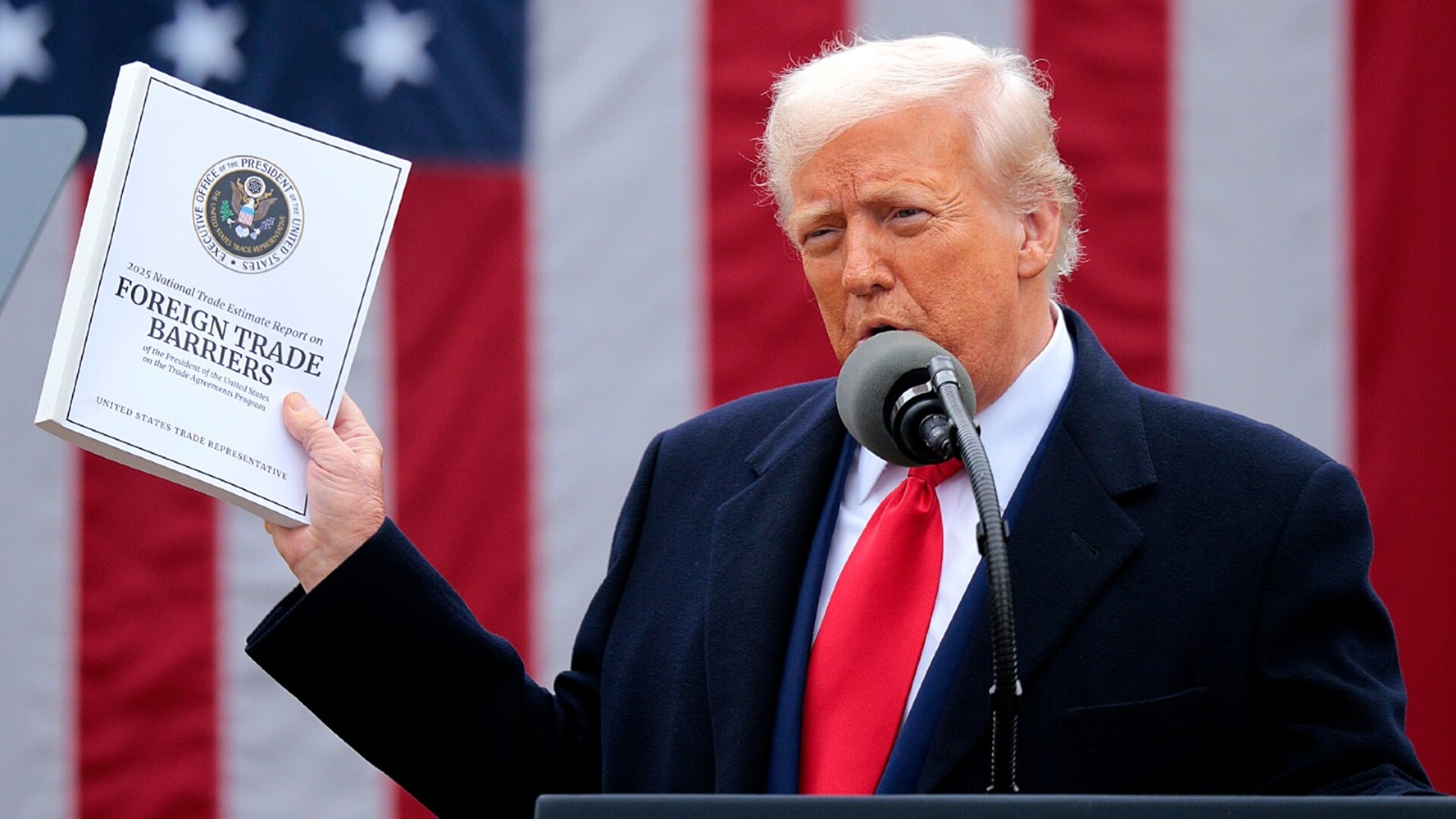
One particularly grim scenario in protracted slow or negative GDP in the US is that debt will rise in the economy as a proportion of GDP. If the US Congress sits on its hands as debt ceilings loom – it has a long history of artless squabbling of this type – the real risk is of a US debt default. And then, I’m afraid, the US economy will be shot to ribbons.
A similar fate would befall the US should enough investors decide to take their money out of the country. For the first time in a decade or more, global investment portfolios are turning from the US to Europe.
Two weeks ago Germany exempted military and infrastructure spending from legislated debt limits. The move was a triumph for Chancellor-in-waiting, leader of the conservative Christian Democratic Union, Friedrich Merz who sought and obtained a supermajority in the Bundestag to get the massive spend approved. It is a substantial shift in Germany’s notoriously debt-shy politics.
Now there is an $872bn package of military and infrastructure spending approved for a roll out. The size of the spend will attract investment in Germany and Europe from all over the world.
“The decision we are taking today can be nothing less than the first major step towards a new European defence community,” Merz told the Bundestag.
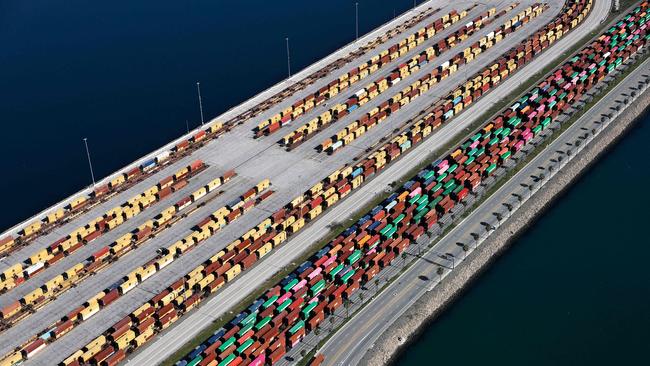
Danish Prime Minister Mette Frederiksen said the vote, “Sends a very clear message to Europe that Germany is determined to invest massively in defence.”
Donald Trump can take a lot of the credit for pushing Germany and other European nations into raising their defence spending. It was a common theme of his first term as president. NATO signatory nations had long fallen short of their obligations – a baseline of two per cent of GDP. Germany was one of the worst offenders. It could end up being a doleful own goal from the 47th POTUS.
Now that Merz’s package is becoming a reality, Germany’s military spending will place it third in the world, shifting Russia into fourth place, and behind the US and China.
Then there is Canada’s pension funds. The eight largest superannuation companies in Canada are known as the Maple 8 with $3.63 trillion under investment. More than 40 per cent of the total funds are invested in the US. The politics are stark. Trump continues to call for the annexation of Canada and the usually polite Canadians are deeply miffed. Even before the calls for annexation, there was government and public pressure applied to the funds to shift towards greater domestic investment in Canada. 50 per cent of Australia’s superannuation are invested domestically. In Canada it is less than a quarter. The mix will definitely change but how much of that money will leave the US?
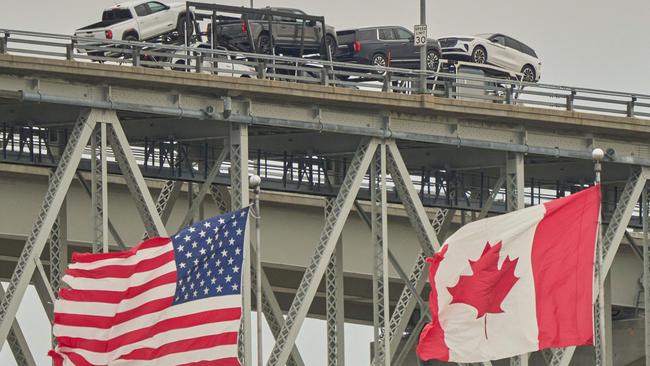
Trade relations between the EU and China have been in a state of flux for more than a decade. Trump’s Liberation Day announcement may accelerate talks towards a EU-China Free Trade agreement. In the current tariff environment trading nations like Australia will look to forming trading blocs.
On the positive side of the ledger, American businesses have pledged $2.5 trillion of investment into the US. This includes an estimated $800 billion from Apple and a similar amount from an AI industry collective known as the Stargate Project. But many of the spending plans aren’t new. The Stargate Project was put in motion during the Biden administration while Apple’s investment is not significantly larger than it spends in the US on an annual basis. In any event money pledged is very different to money spent.
Investment company Berkshire Hathaway under CEO Warren Buffett, sold $US134bn in equities in December and has $US334bn in cash at the company’s disposal. Where will the Oracle of Omaha invest his money?
We can’t peer into the future with any certainty. US tariff hikes may be negotiated down. Equities markets may calm. The thing to watch overall is US GDP growth.
If it underperforms and languishes in tepid growth relative to the rest of the world, the big money will move out and the US will be in real trouble with Trump’s enemies, the beneficiaries of Liberation Day.



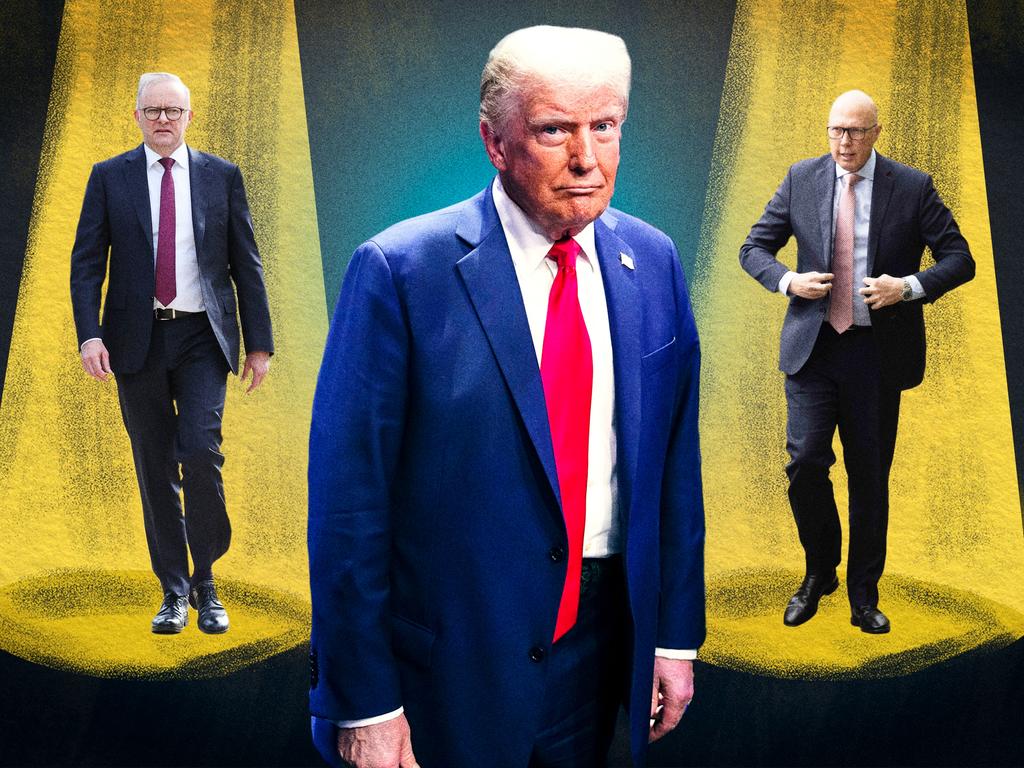

The great shift in US foreign policy under Trump, combined with Trump’s economic isolationism and nativism, may well play into the hands of the administration’s perceived enemies.